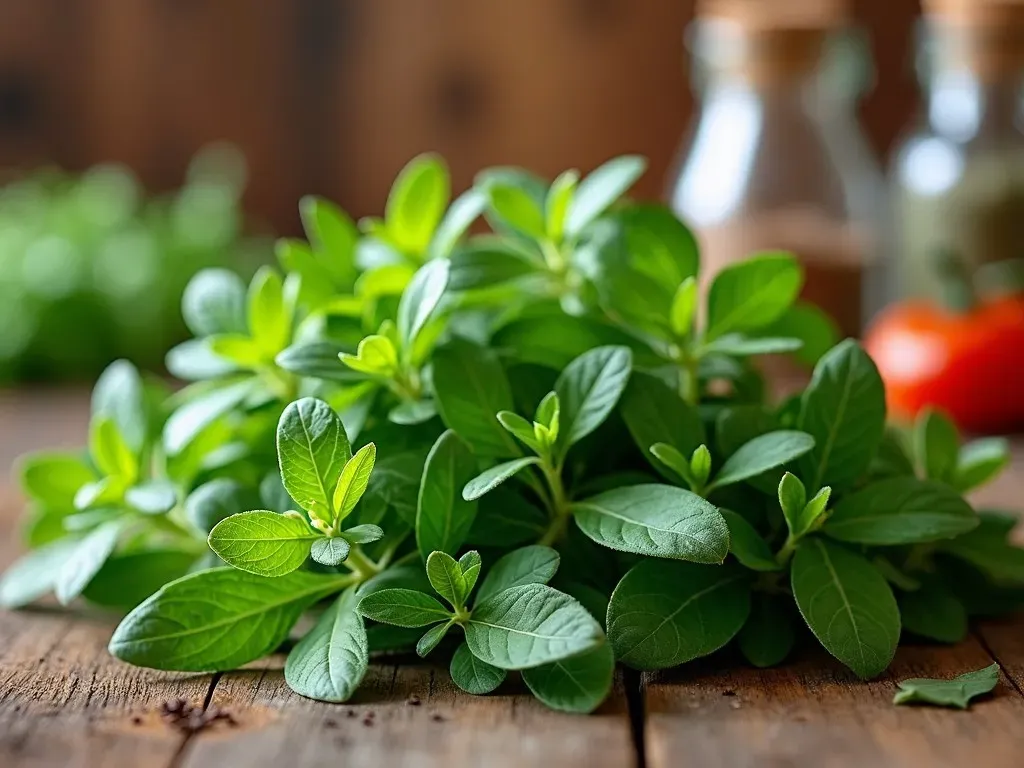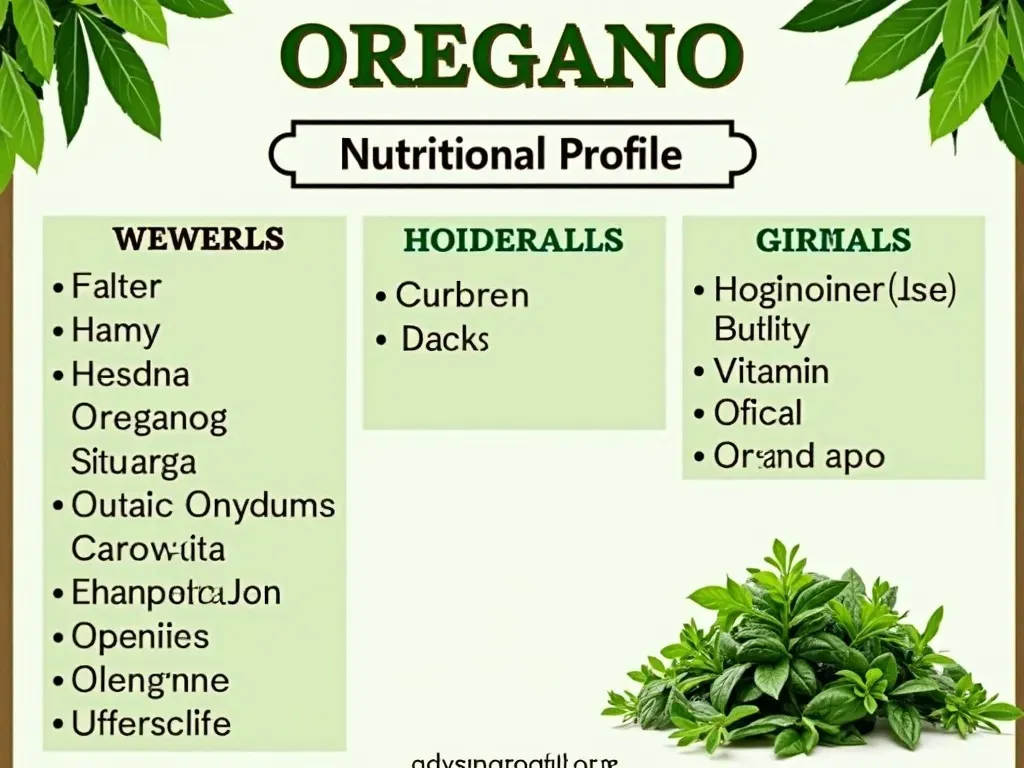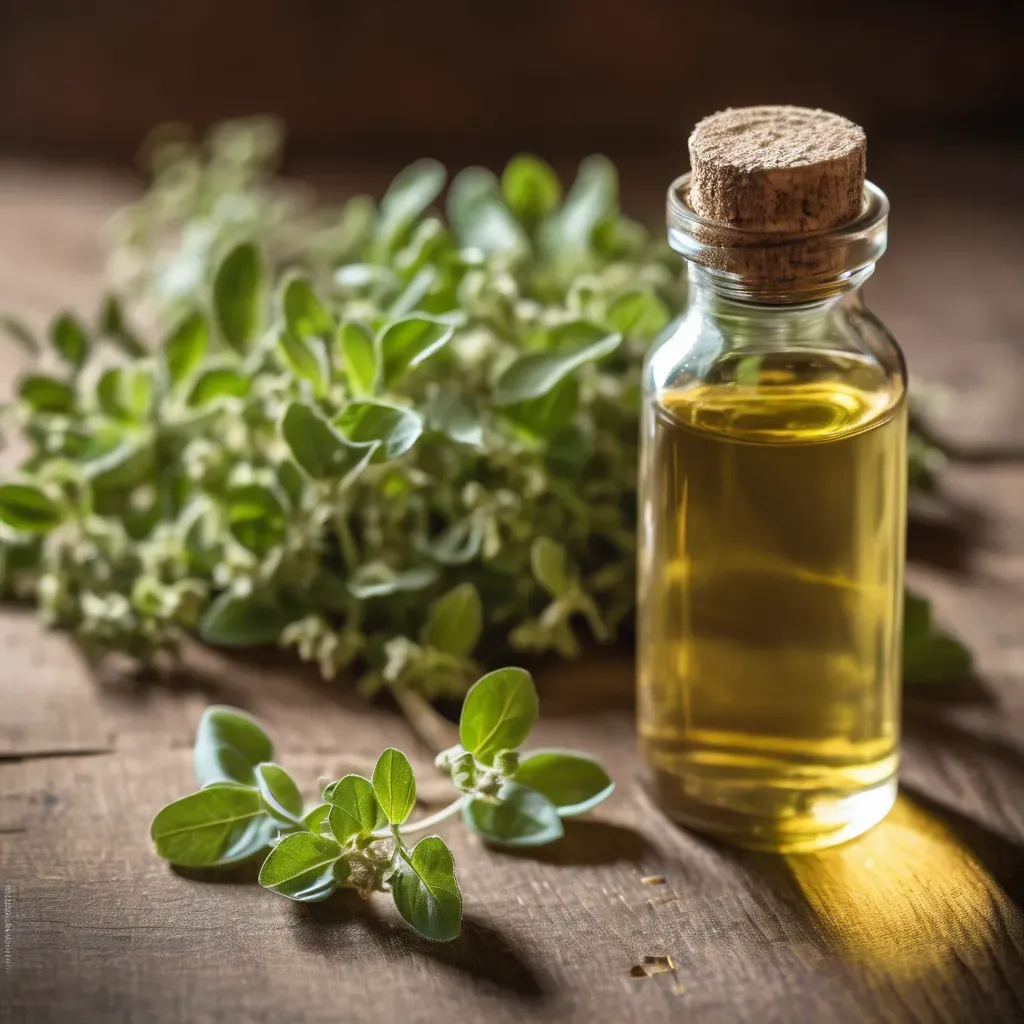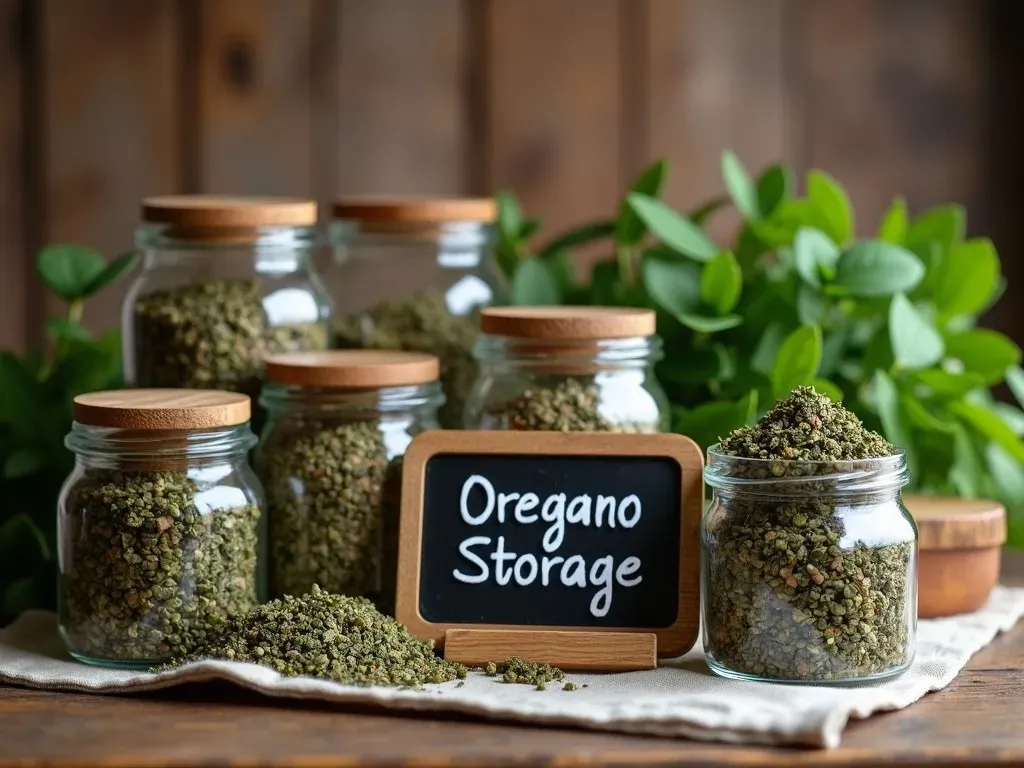Oregano is a prominent herb in culinary arts, renowned for its pungent flavor and aromatic qualities. Found primarily in Mediterranean cuisine, it serves both as a vital ingredient in numerous dishes and as a valuable medicinal plant. This article will delve into the myriad benefits of oregano, distinguishing whether it should be classified as a herb or spice, and explore various applications in cooking and health.
Oregano: A Culinary Essential
Known scientifically as Origanum vulgare, oregano is part of the mint family, Lamiaceae. It is widely used in Italian and Greek cooking, imparting a distinctive flavor to sauces, meats, and vegetables. There are two main types of oregano: Greek oregano and Italian oregano, with the former being favored for its robust flavor and essential oil content.
Differences Between Fresh and Dried Oregano
Both fresh and dried oregano possess rich flavor profiles, yet there are notable differences:
| Aspect | Fresh Oregano | Dried Oregano |
|---|---|---|
| Flavor | Bright and lively | More concentrated and pungent |
| Aroma | Herbal and floral | Earthy and warm |
| Culinary Use | Typically used as a garnish or in salads | Commonly used in cooked dishes, pizzas, and sauces |
| Storage | Shorter shelf life, best used fresh | Can be stored for up to a year |

Nutritional Profile of Oregano
Oregano is not only flavorful but also packed with nutrients. Below is a table showing the nutritional content per 100 grams of dried oregano:
| Nutrient | Amount |
|---|---|
| Calories | 265 kcal |
| Protein | 9 g |
| Fat | 4.3 g |
| Carbohydrates | 60 g |
| Fiber | 42 g |
| Vitamin K | 415.7 µg |
| Calcium | 1590 mg |
| Iron | 45.1 mg |
| Manganese | 2.25 mg |

Reference Video
Health Benefits of Oregano
The benefits of oregano extend beyond the kitchen. Oregano is rich in antioxidants and possesses antibacterial and anti-inflammatory properties. Some noted benefits include:
-
Rich in Antioxidants: Oregano contains phenolic compounds like thymol and carvacrol, known for their antioxidant capacity, which helps combat oxidative stress.
-
Antibacterial Properties: The essential oil of oregano has shown effectiveness against various bacterial strains, making it a natural antibiotic source.
-
Anti-inflammatory Effects: Compounds in oregano can help reduce swelling and inflammation.
-
Digestive Health: Oregano aids digestion by boosting bile flow and preventing conditions like bloating and gas.
-
Potential Anti-Cancer Properties: Preliminary studies suggest that compounds found in oregano can inhibit the growth of cancer cells, though more research is needed.
For in-depth scientific insights, refer to the article on Oregano Benefits – Healthline.
Oregano Oil vs. Fresh/Dried Oregano
AnOther aspect to consider is the oil derived from oregano, which is significantly more concentrated in flavor and health benefits.
- Oregano Oil: Contains 10 times the antioxidants of dried oregano. It is often used in supplement form or as a topical agent for skin infections.
- Fresh/Dried Oregano: Both are excellent additions to culinary dishes, although they come with a milder health impact compared to oregano oil.

Culinary Uses of Oregano
Oregano complements a wide array of dishes. Here are some popular applications:
-
Pizza and Pasta Sauce: Essential in Italian cuisine, oregano enhances the flavor of tomato-based dishes.
-
Soups and Stews: A great addition to hearty soups; it elevates the flavor profile.
-
Marinades and Dressings: Incorporate oregano in marinades for meats or as an ingredient in salad dressings for a herbaceous twist.
-
Mediterranean Dishes: Perfect in Greek salads and as a seasoning for grilled vegetables.
Popular Oregano Recipes
-
Mediterranean Chickpea Salad: Combine chickpeas, diced vegetables, olive oil, and fresh oregano for a tasty, nutritious meal.
-
Homemade Pizza: Use tomato sauce infused with oregano and top with cheese and fresh toppings of choice.
-
Greek Lemon Chicken: Marinate chicken with oregano, lemon juice, and olive oil before roasting.
Quick Tips for Cooking with Oregano:
- Use dried oregano sparingly, as it can overpower other flavors.
- Fresh oregano should be added towards the end of cooking to preserve its flavor.
FAQs about Oregano
Is oregano a herb or a spice?
Oregano is classified as an herb due to its leafy structure and the way it is used in cooking. Spices are generally derived from seeds, bark, or roots, while herbs come from the green parts of plants.
Can I use fresh oregano instead of dried in a recipe?
Yes, you can replace dried oregano with fresh oregano, but since the flavors differ in concentration, you should use three times the amount of fresh oregano than what the recipe calls for in dried form.
Does oregano have any side effects?
While generally safe in culinary amounts, high doses of oregano or oregano oil can lead to gastrointestinal upset and may interfere with certain medications. Always consult with a healthcare provider before using oregano as a supplement.
How do I store dried oregano?
Store dried oregano in a cool, dark place away from moisture. Properly stored, dried oregano can maintain its flavor for up to a year.

Incorporating oregano into your diet not only enhances the flavors of your meals but also boosts your health with its multitude of benefits. Understanding its culinary applications and nutritional value can help you unlock the full potential of this extraordinary herb.
